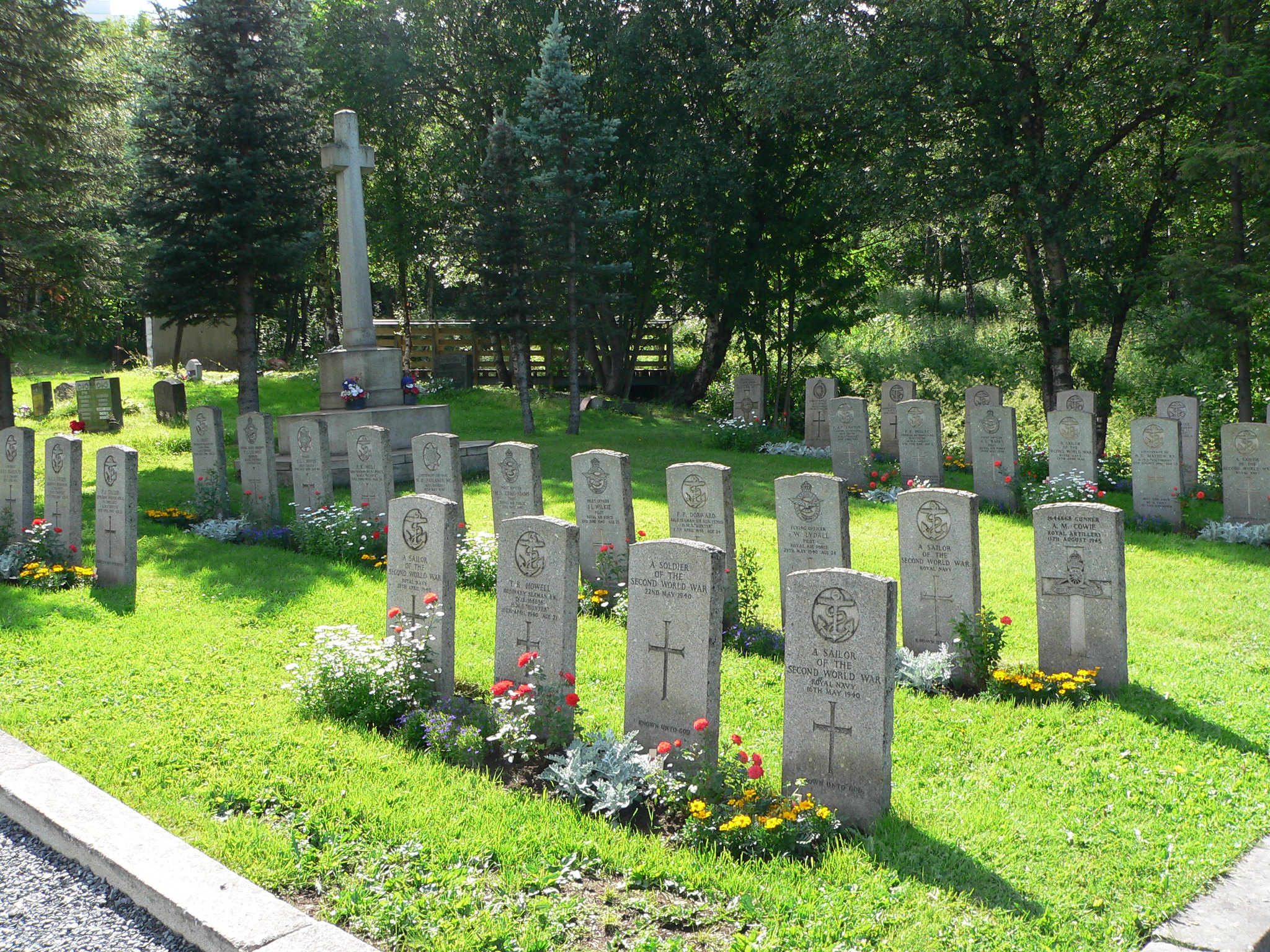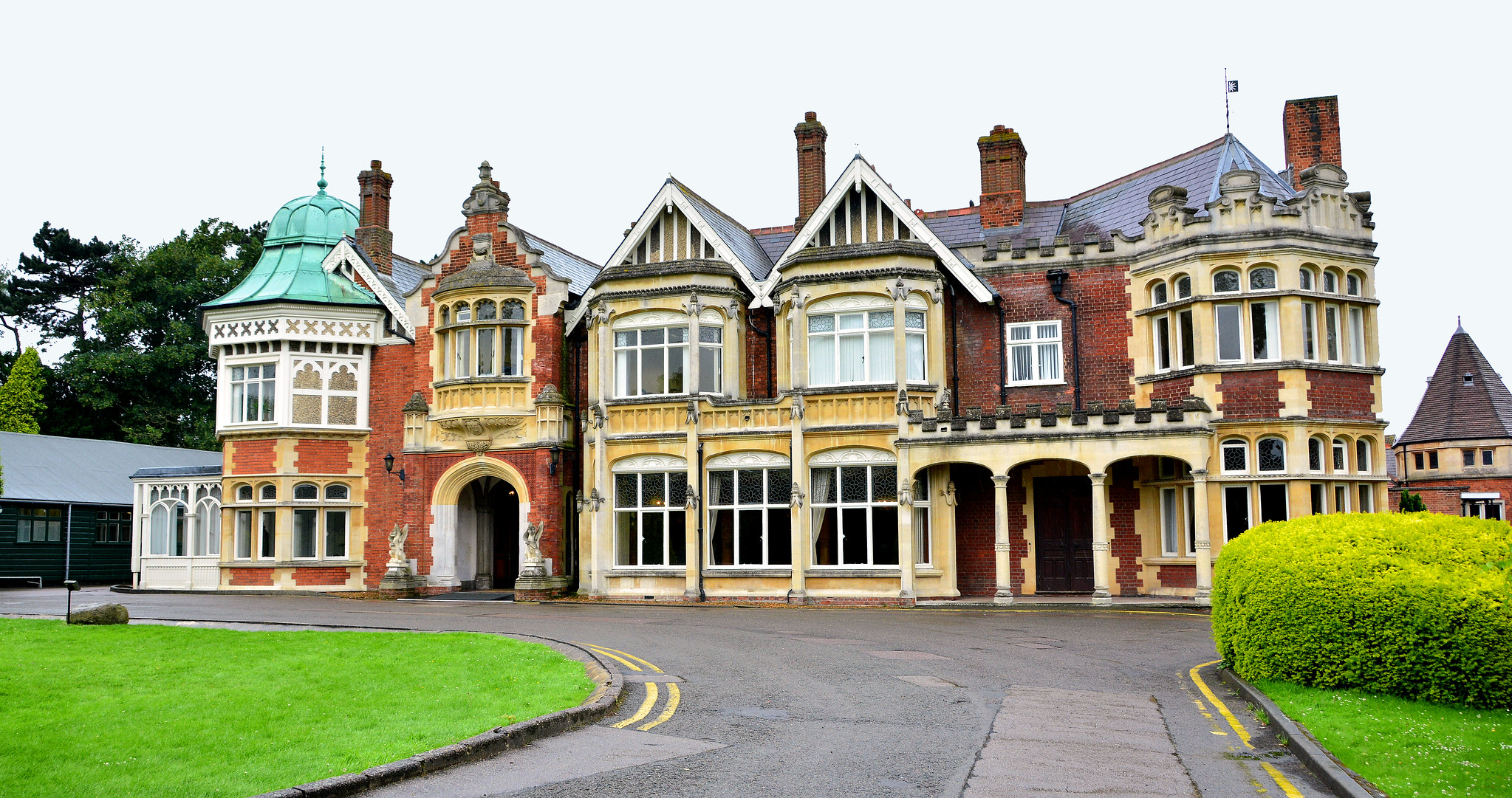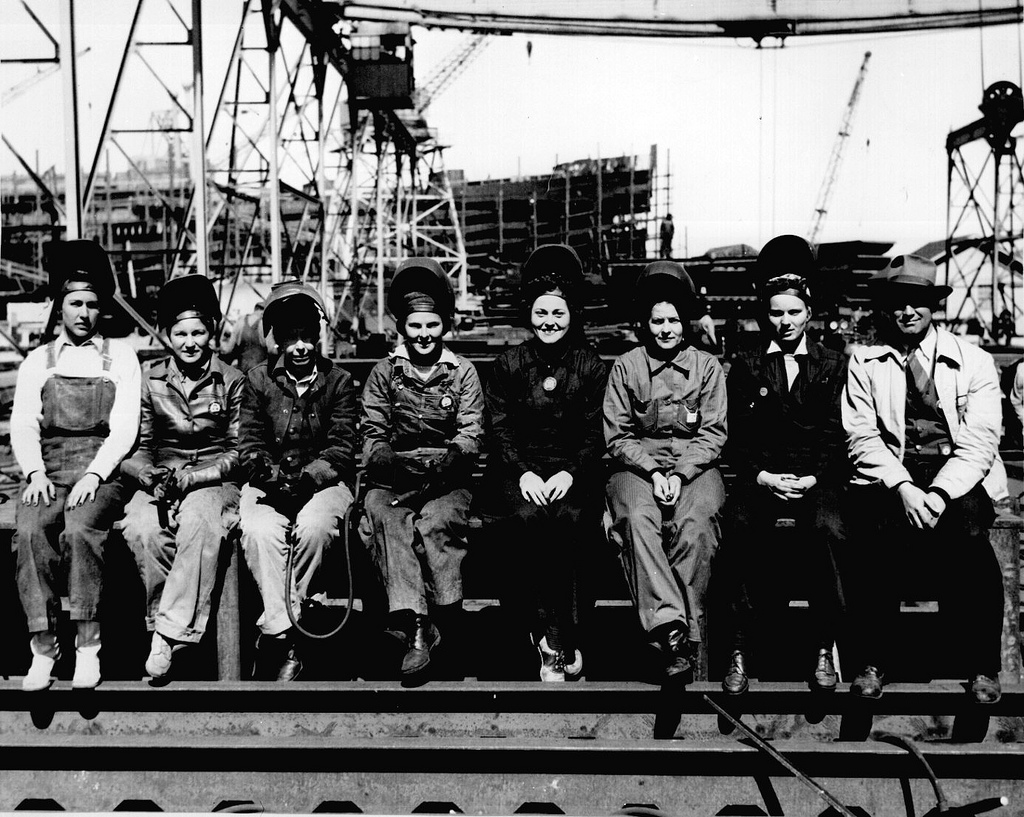Written by Ellena Matthews.
Exploring space and place is a burgeoning field of historical enquiry. Indeed, the study of space is no longer solely the interest of geographers and social scientists, its application has broadened and the ‘spatial turn’ is becoming an important line of enquiry for historians. But, as Nicola Whyte has questioned, what does space do for our understanding of the past? Indeed, utilising a spatial methodology reminds us that spaces are complex, social and temporal; that they both shape social experience and are shaped themselves by the lived experience of individuals within them. Therefore, the study of space is integral to the study of history as it enables greater analysis to be placed upon the relationship between people, places and environments.




